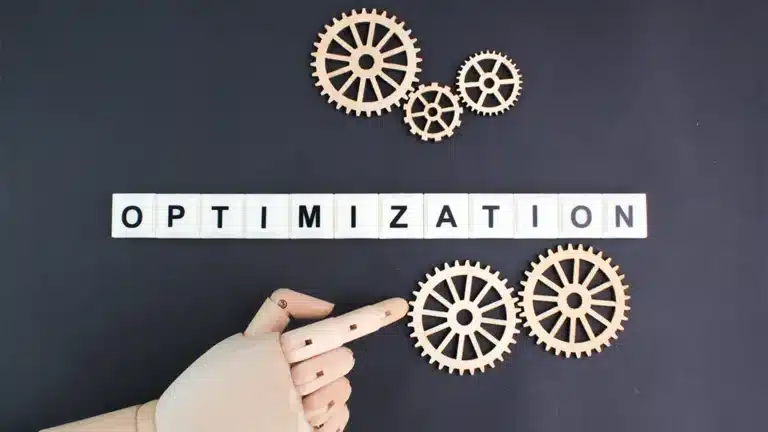5 Tips That Will Turbo-Charge the Speed of Your Website
There are few things more frustrating than opening up a webpage and it taking forever to load. It’s true—patience is a virtue—but when you have a multitude of other things to do, waiting for a webpage to load doesn’t seem too appealing. 47% of online consumers expect a webpage to load in 2 seconds or less. That’s clearly not a lot of time to waste, so if you’re website is not performing to that standard, you’re going to feel it in your bounce rates and traffic numbers.
In the world of website optimization, improving the overall speed of your website should be one of your top priorities. We’re going to offer some effective recommendations that will help to accelerate the speed and functionality of your website.
- Minimize HTTP Requests
Most often than not, loading speeds get bogged down due to the number of HTTP requests that are needed to display your site. An HTTP request is a file—like images, scripts, stylesheets, etc.—that is sent to someone’s browser when they open your site. As expected, the more HTTP requests that are on a page, the slower it can go. With the amount of plugins, additional snippets of code and images that are commonly found on websites, it’s no surprise that loading times can be so sluggish. Minimizing HTTP requests can be a surefire way to reduce your loading times. True, there are some elements on your page that you cannot do without—perhaps there are essential plugins that you must have on your site, for example—but actively look for elements that can be discarded or modified. For example, you can merge multiple style sheets into one, use CSS in place of images, reduce extraneous code, place CSS style sheets at the top and javascript code at the bottom. This is a cleanup process that may yield successful results.
- Use Data Compression
Large pages take longer to download. That’s a side effect of having a great deal of content on a site; think of it like a bodybuilder that packed on far too much mass—now he doesn’t have the mobility that he used to have. Though it’s great having lots of content on a page, you should expect it to slow down the speed of your site. Instead of dramatically reducing the content that you have on a page, use a data compression program like Gzip. This allows you to compress files into a zip format, making your site snappy and easier to load.
- Optimize Images
Optimizing images is relatively easy and only requires an understanding of image formats and sizes. For the format of the image, it’s better if it’s saved in JPEG; if not, the second best option is PNG. There are often extraneous comments and metadata within pictures—remove them.
Your images will need to be properly sized, because if it’s too large it will slow down your loading times. If your page is only 600 px wide, don’t upload a picture that is 1000 px. Upload an image that fits the width of the page. If you don’t do this, you’re not only making your website much slower, you are detracting from the site’s functionality and user experience.
- Use browser caching
In layman’s terms, browser caching can be described as instructing a browser to keep certain files for a period of time. When the files are needed again, the browser will pull them up from the cache instead of requesting them from the server. The first time someone comes to your site, their browser will have to load all of the various HTTP requests. With browser caching, many of those elements will be saved in a local storage (the user’s cache), so that for any subsequent visits, the browser will just quickly pull those elements up without having to re-download those HTTP requests. This is a practical solution that will help to reduce loading times for visitors who have already been to your site.
- Use a Content Delivery Network (CDN)
A CDN is a network of global web servers that stores static resources, such as CSS and Javascript files and images. When someone accesses your site, the CDN will deliver those resources to them based on their proximity to a server. It’s a little bit of a tricky concept, but think of it as a team of international servers that work, in tandem, to quickly deliver content. This is a simplified example: Let’s say that this website uses a CDN, and there are servers connected throughout the world. If you’re in say, Australia, and you try to access this site, then the server that is closest to Australia will deliver the resources. Do you see its value?
Integrating a CDN will greatly improve the speed of your website. It’s a solution that you should seriously consider if you’re having speed issues.
These 5 recommendations have been proven to turbo-charge slow loading times. If you’re experiencing sluggish speeds, incorporate our suggestions or contact us today.

















